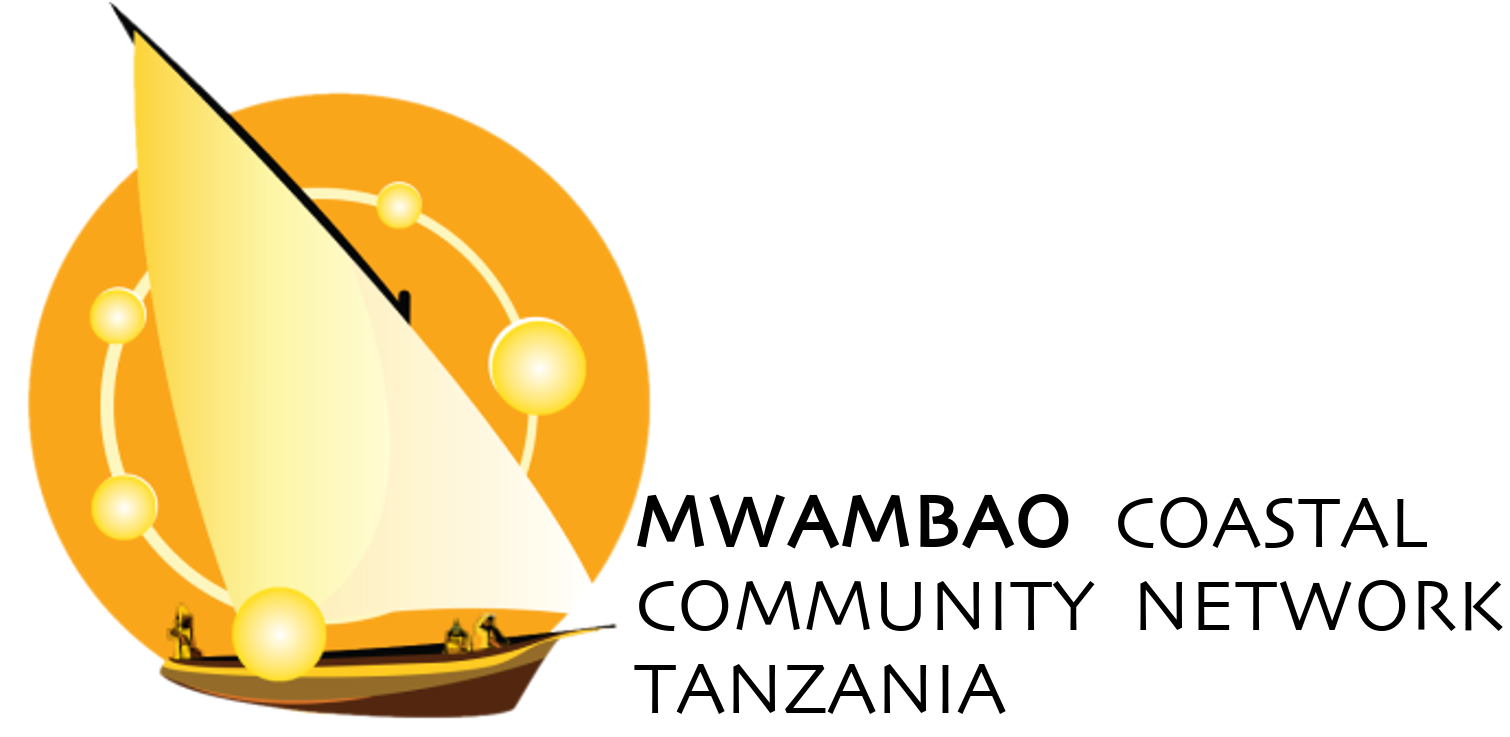[av_section min_height=” min_height_px=’500px’ padding=’large’ shadow=’no-shadow’ bottom_border=’no-border-styling’ id=” color=’main_color’ custom_bg=” src=’https://mwambaostage.wpengine.com/wp-content/uploads/2014/08/banners9.jpg’ attachment=’1374′ attachment_size=’full’ attach=’fixed’ position=’center center’ repeat=’stretch’ video=” video_ratio=’16:9′ overlay_enable=’aviaTBoverlay_enable’ overlay_opacity=’0.6′ overlay_color=’#000000′ overlay_pattern=” overlay_custom_pattern=”]
[av_heading heading=’Participatory Visual Methods Exercise to Understand Socio-ecological Resilience in Coral Communities’ tag=’h3′ style=’blockquote modern-quote modern-centered’ size=’50’ subheading_active=’subheading_below’ subheading_size=’15’ padding=’0′ color=’custom-color-heading’ custom_font=’#ffffff’][/av_heading]
[av_hr class=’custom’ height=’50’ shadow=’no-shadow’ position=’center’ custom_border=’av-border-thin’ custom_width=’20%’ custom_border_color=’rgba(255,255,255,0.76)’ custom_margin_top=’30px’ custom_margin_bottom=’30px’ icon_select=’yes’ custom_icon_color=’#ffffff’ icon=’ue8bf’ font=’entypo-fontello’]
[/av_section][av_section min_height=” min_height_px=’500px’ padding=’small’ shadow=’no-border-styling’ bottom_border=’no-border-styling’ id=” color=’main_color’ custom_bg=” src=” attachment=” attachment_size=” attach=’fixed’ position=’bottom center’ repeat=’stretch’ video=” video_ratio=’16:9′ overlay_opacity=’0.3′ overlay_color=’#000000′ overlay_pattern=” overlay_custom_pattern=”]
[av_two_third first min_height=’av-equal-height-column’ vertical_alignment=’av-align-top’ space=’no_margin’ custom_margin=’aviaTBcustom_margin’ margin=’-60px,0px’ padding=’30px’ padding_sync=’true’ border=” border_color=’#e1e1e1′ radius=’0px’ radius_sync=’true’ background_color=’#ffffff’ src=” attachment=” attachment_size=” background_position=’top left’ background_repeat=’no-repeat’]
[av_textblock size=” font_color=” color=”]
02/08/17
A team of 3 UK-based researchers recently visited Fundo Island on the west coast of Pemba (where MWAMBAO is conducting a community octopus management programme) to conduct a participatory visual methods exercise. With a group comprised of academics and an environmental artist, and co-facilitated by the MWAMBAO team, Shehia (village) Fisher Committee members used a combination of walking interviews and a mapping exercise to demonstrate perceptions of changing socio-ecological resilience on their island.
Building upon a previous exercise conducted with two communities in Mauritius during a conference attended by MWAMBAO team member Ali Thani, the Fundo community members used their surrounding environment as both a canvas and medium. Asked to collect items that represent social and ecological resilience and threats (for the past and present), an array of items such as shells, maize, carved wooden dolphins, mobile phones, plastic, snorkel and mask – to name just a few – were brought to the beach by the community.
They then produced a highly detailed map of their island using a range of natural and man-made materials such as seaweed, sand, fishing nets and coconut husks, and then used the other items they had collected to plot key resource areas and aspects of resilience. This activity was then followed by a photo exhibition (during which photos taken of the activities were printed on a portable battery-powered printer) and discussion on the role of Islamic ethics in conservation and sustainability.
The activity once again demonstrated the powerful role that participatory exercises can play in natural resource management, and also included a gift exchange of woven baskets and seaweed-based products – a shared similarity between the community of Fundo and the researchers who are based on the coast of Cornwall in south-western England.
This exercise will be followed-up by MWAMBAO’s facilitation of a participatory video with Fundo community and an upcoming conference in England which will be attended by members of the MWAMBAO team.
Through this project, interdisciplinary researchers are drawing on expertise in environmental and health economics, social sciences, development, social psychology, marine geosciences, marine biology, art (including concept and design development and film making) and religious studies. The team are a partnership between Plymouth Marine Laboratory, the Universities of Exeter and Cardiff, Indeva Consulting, The Islamic Foundation for Ecology and Environmental Sciences (IFEES) and two freelance artists in the UK, Reef Conservation in Mauritius and MWAMBAO Coastal Community Network in Tanzania/Zanzibar.
[/av_textblock]
[av_hr class=’custom’ height=’-30′ shadow=’no-shadow’ position=’center’ custom_border=’av-border-thin’ custom_width=’45%’ custom_border_color=” custom_margin_top=’30px’ custom_margin_bottom=’30px’ icon_select=’yes’ custom_icon_color=” icon=’ue8bf’ font=’entypo-fontello’]
[/av_two_third][av_one_third min_height=’av-equal-height-column’ vertical_alignment=’av-align-top’ space=’no_margin’ custom_margin=’aviaTBcustom_margin’ margin=’-60px,0px’ padding=’30px’ padding_sync=’true’ border=” border_color=’#e1e1e1′ radius=’0px’ radius_sync=’true’ background_color=’#f0f0f0′ src=” attachment=” attachment_size=” background_position=’top left’ background_repeat=’no-repeat’]
[av_sidebar widget_area=’News posts sidebar’]
[/av_one_third][/av_section]


